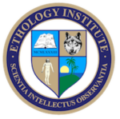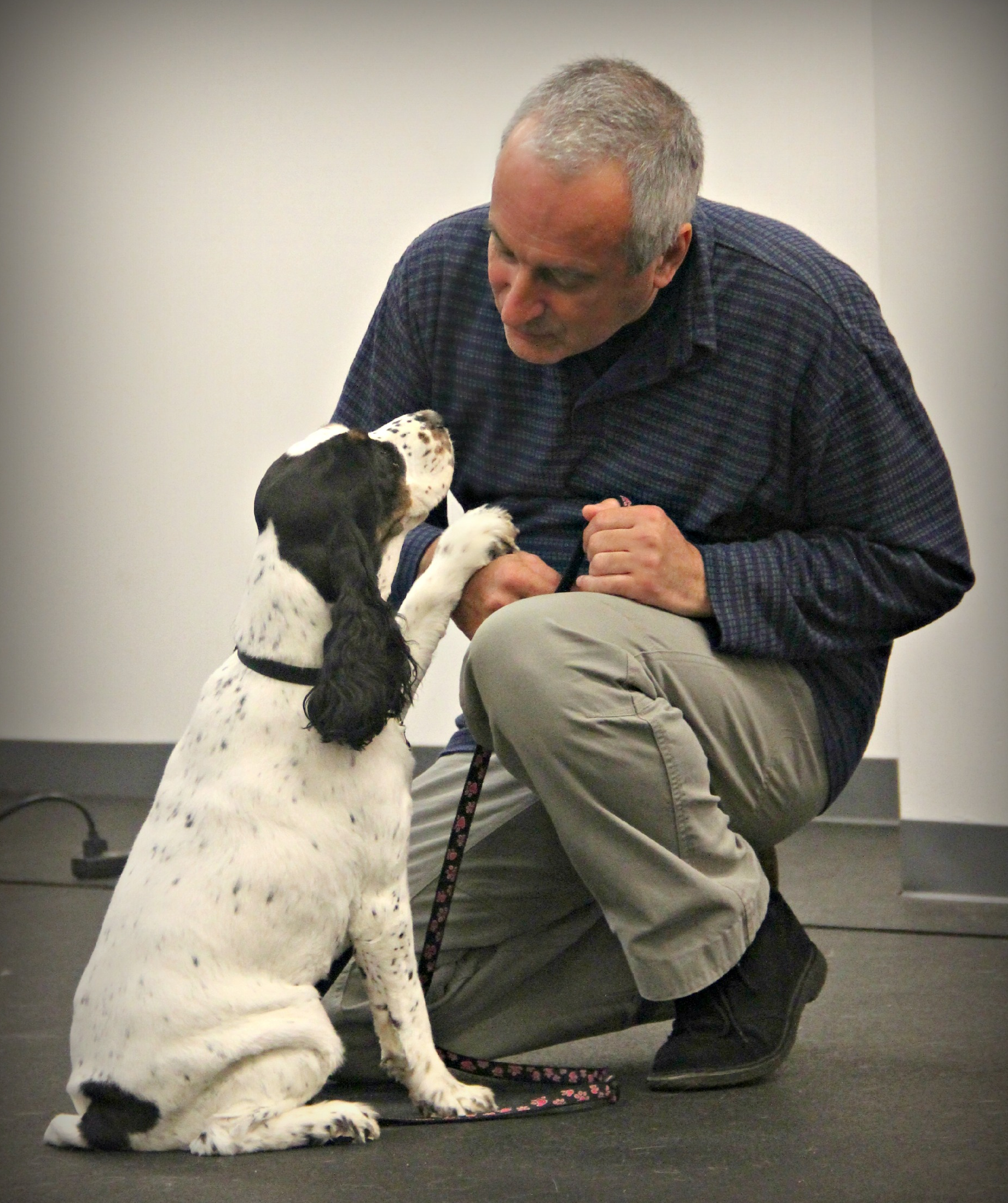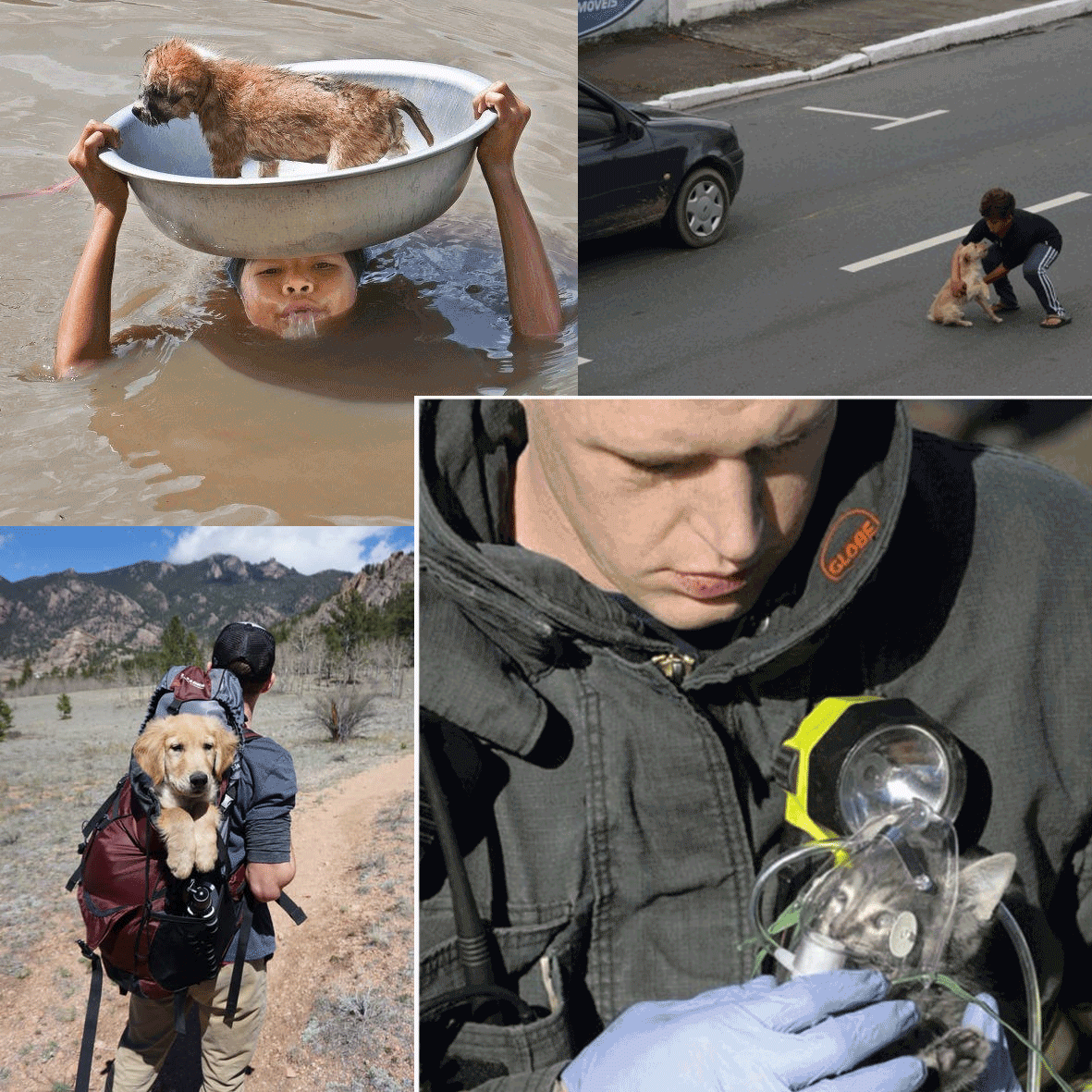Some years ago, I created my seminar “The Brave New World of Dog Training—Science with Brain and Heart,” which turned into “Animal Training My Way.” As the seminars progressed, it became increasingly clear to me that the crucial problem in today’s animal training is not technique but attitude.
“The Brave New World of Training—Science with Brain and Heart” was my attempt to deal with the following questions: Can we combine science with affection? Can we turn our dog training into a scientific exercise for our brains and a caring adventure for our hearts? Can we be efficient and affectionate?
Of course, it is possible to combine brain and heart, science and affection. What we can’t do is to drop it all in the same pot and cook it until it becomes an unrecognizable and tasteless mass—more or less as an Englishman cooks vegetables.
Science itself needs brain and heart. Staying in the culinary jargon, making science without the brain is like cooking an omelet without eggs, but using science without the heart is like cooking it in a lukewarm pan. The science, we study, and we ponder. When we’re done, we integrate it in what we are. The heart, we use to apply it all after it became an integral part of us, to be who we are.
It’s all a question of attitude. You can have the best technique of all and the most advanced gizmos in the world and yet to no avail if your stance, like an invisible leash, holds you back. And you can show poor technique and possess no gadgets at all and be immensely successful if your attitude is correct. I’ve witnessed it numerous times, from the Tibetan mountains to the rice paddies of the Mekong—people who knew nothing about learning theory, had never seen a training aid, yet living in perfect harmony with their animals.
When you train your dog, your horse, your cat, your Guinea pig, you shouldn’t be thinking of science. You should be yourself, the science already a part of you as second nature. You should be in control of yourself, relating to the animal you face as a living organism, an equal, a creature you meet for a brief moment in space and time. Then and there, you’ll discover that what we call things matters little; that gizmos are unimportant, and techniques irrelevant. You’ll relax, and you’ll appreciate the relationship, not the training, not your achievement, for you’ll have ceased to fight your craving for order and control. You’ll have realized that life is disjointed, and you’ll take it as it is.
Your training will improve dramatically because you’ll have joined them, those animals you train, horse, dog, cat or Guinea pig, never asking for meanings nor seeking justifications, craving neither for gratifications. Then, you’ll be one among many with the one and particularly unique value of being yourself, the proverbial ripple in the ocean—and that’s the beauty of it, isn’t it?
Featured image: When you train your dog, your horse, your cat, your guinea-pig, you shouldn’t be thinking of science. You should be yourself, the science already a part of you as second nature (photo by Lisa Jernigan Bain).



